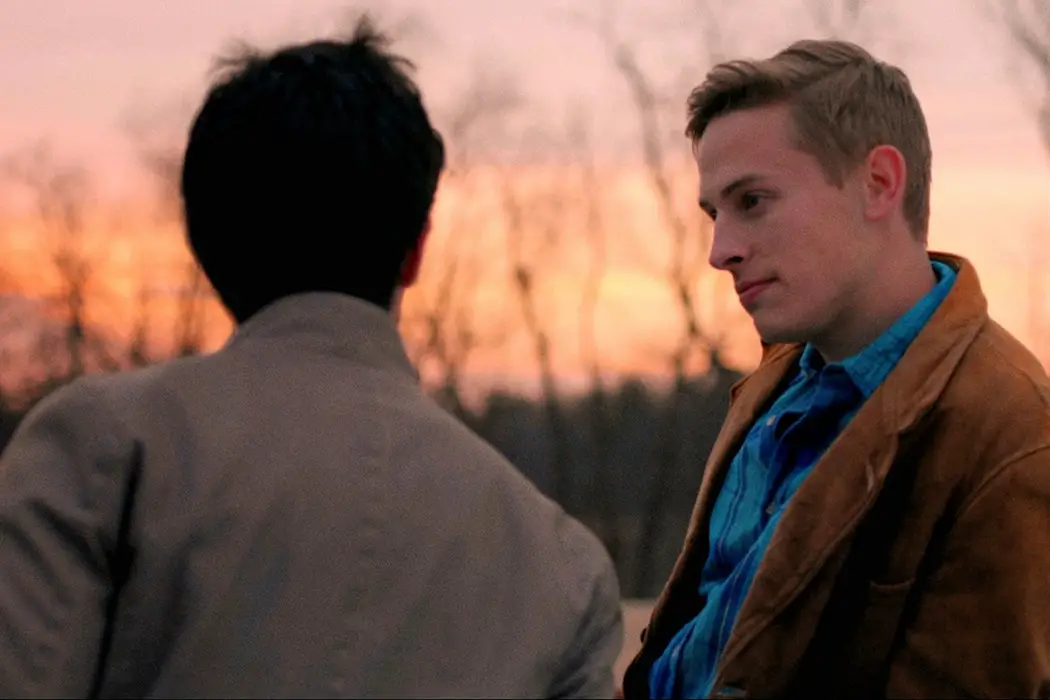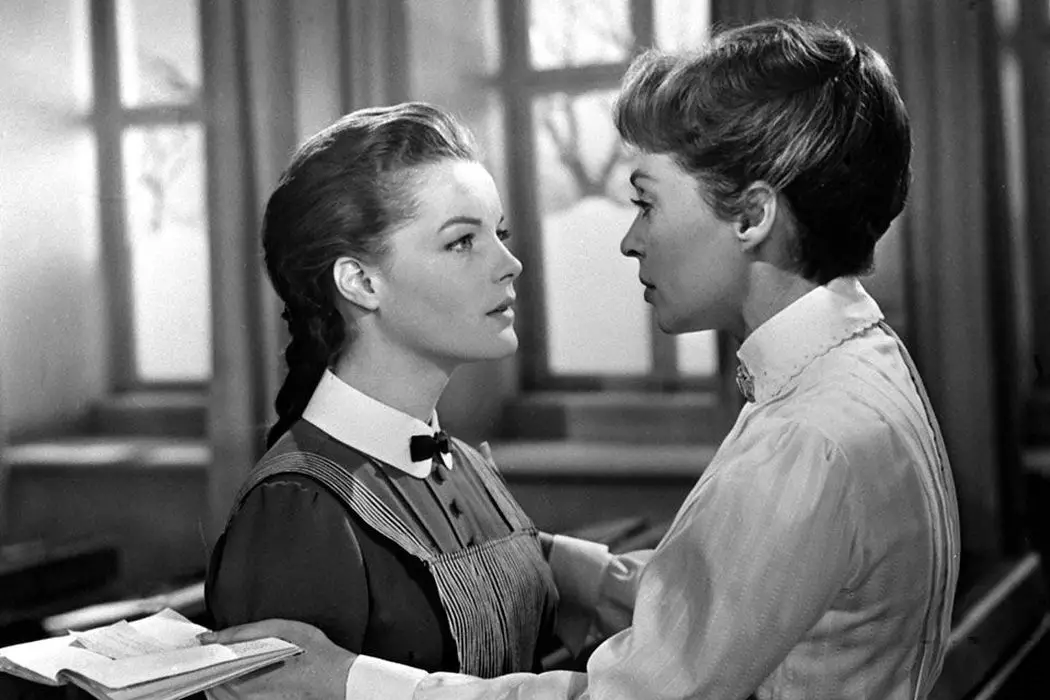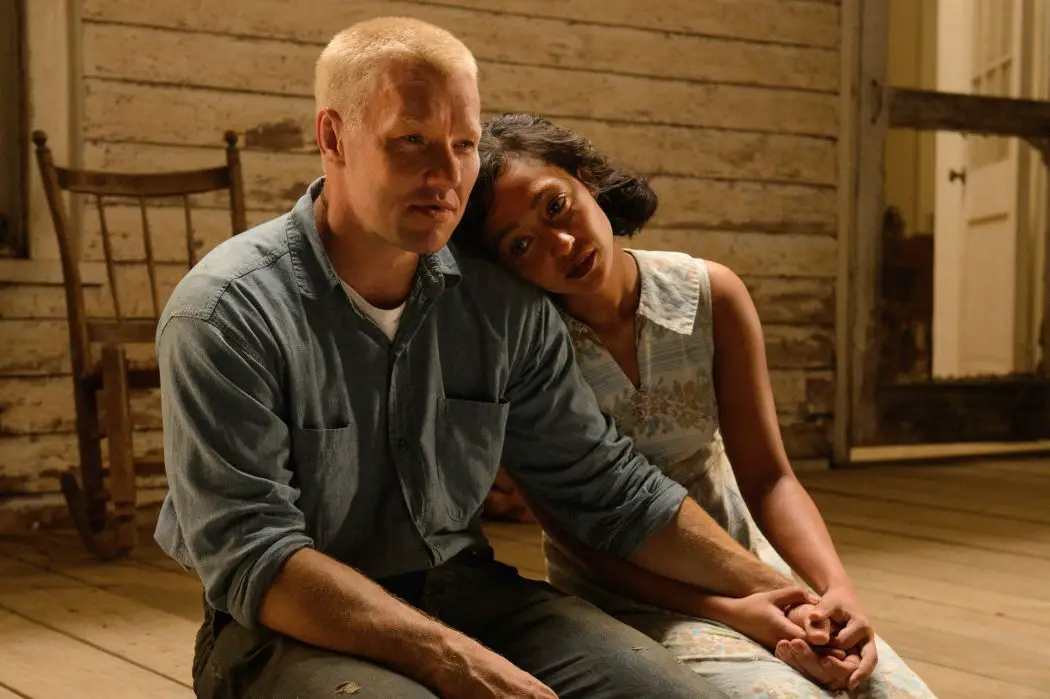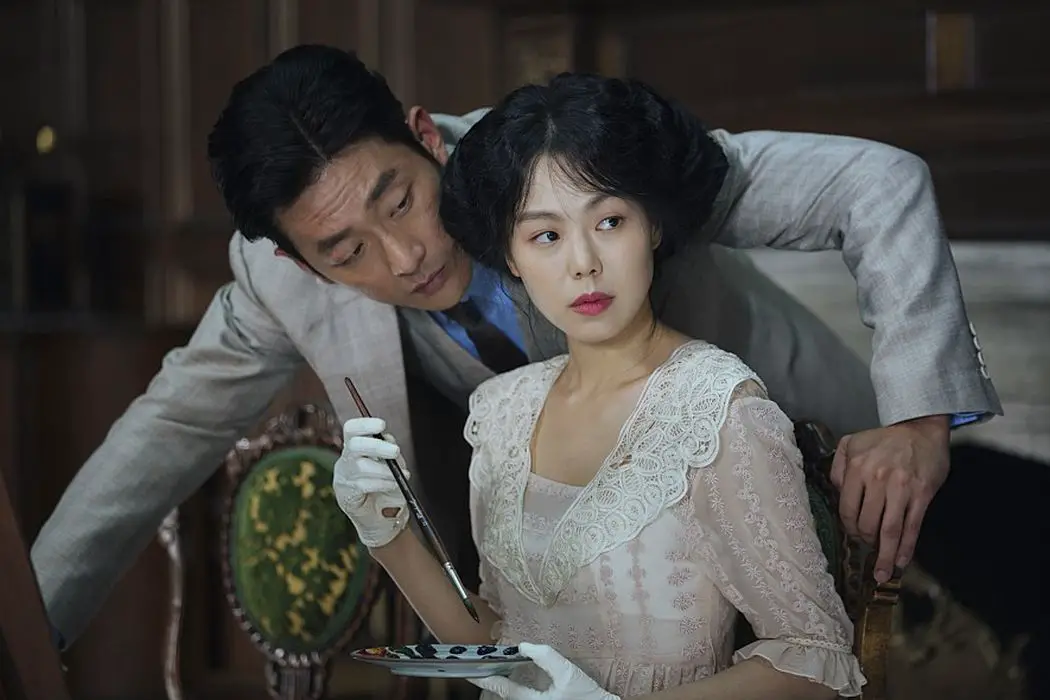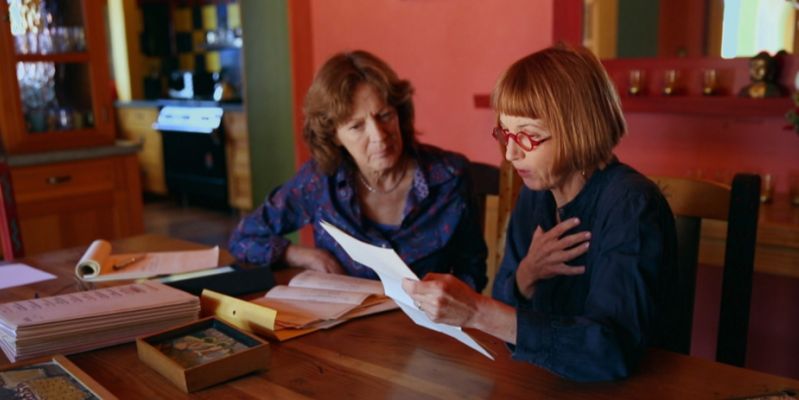LGBTQ+

News of DC’s Wonder Woman writers abandoning her bisexual identity in favour of a completely heterosexual romance with Chris Pine’s Steve Trevor came as Gal Gadot confirmed in a recent interview that this aspect of Wonder Woman’s comic book identity will not be featured in next year’s blockbuster. DC comic writer Greg Rucka confirmed earlier this year that Wonder Woman had “obviously” been in relationships with other women as she lived much of her life on an all-female island and so “it makes no logical sense otherwise” for her to have not had same-sex relationships in the past. The decision by the film’s writers to maintain a heterosexual veneer over an originally LGBT superhero is not really a surprising one.
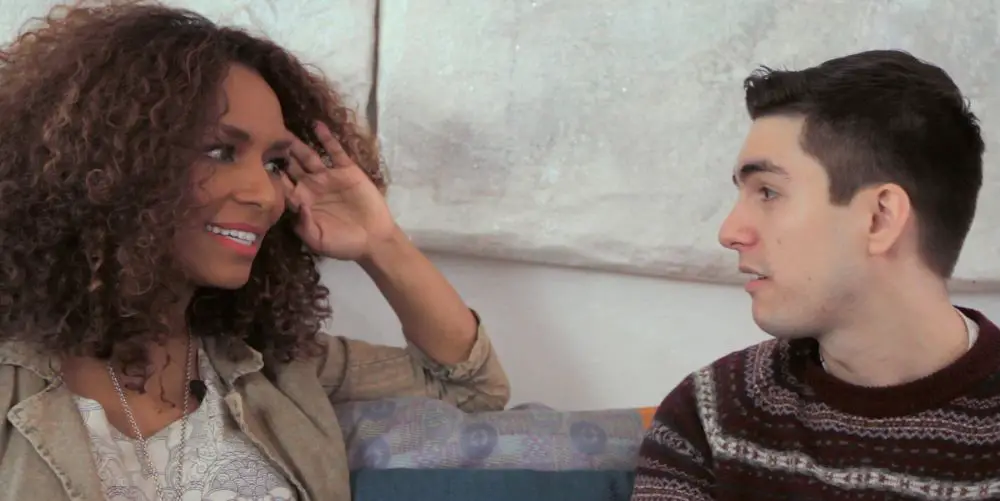
Coming Out is the personal story of young filmmaker Alden Peters. The film follows his coming out process as he tells his parents, friends and siblings how he has repressed his sexuality for a number of years. In using a homemade video style of filming, Coming Out gives us an insight into not only Peters’ journey but into his mindset as he starts to immerse himself into the 2016 LGBTQ lifestyle.
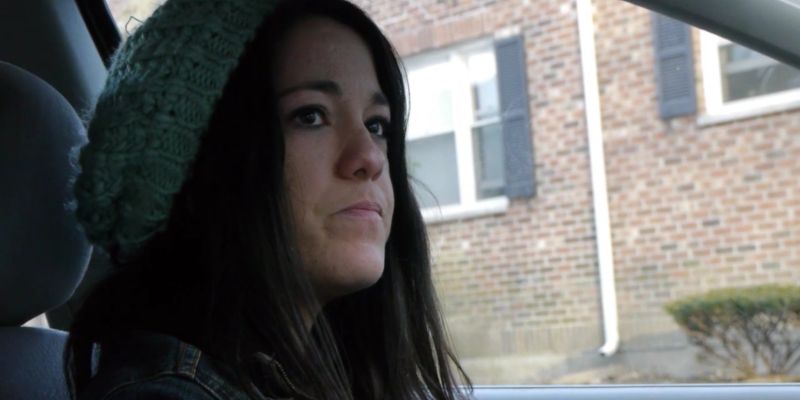
In life there are many roads to travel and sometimes our paths align with perfect strangers that happen to be exactly who we need to run into at that point in our lives. This appears to be the case with Emma (Mela Hudson) and Judy (Tori Hall). They’re two completely different women who’ve led very different lives, but when both find themselves needing to make a trip to Western Massachusetts, they unintentionally become a part of each other’s journey.
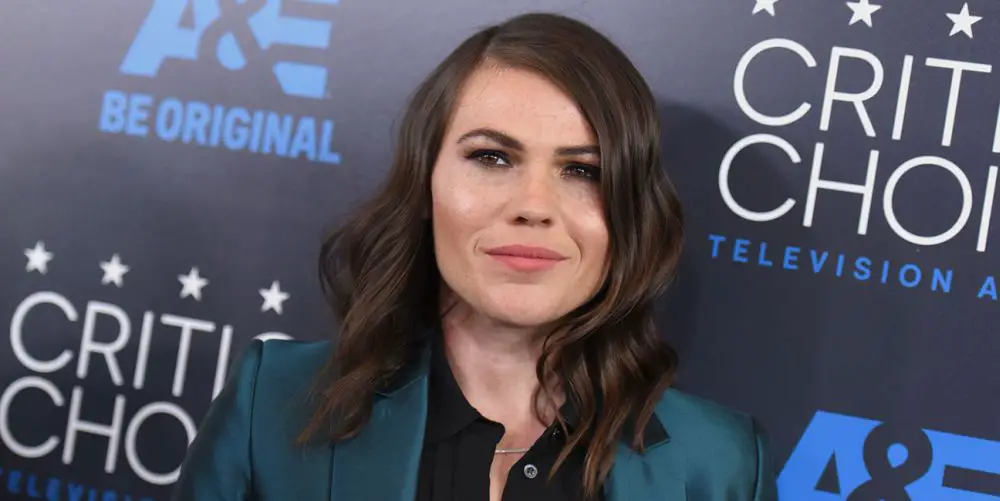
You may not know her by name, but you’ve definitely seen her face and are familiar with her work. She’s been on your small screen and silver screen starring along side Angelina Jolie, Christina Ricci, Zachary Quinto, and Natasha Lyonne to name a few. She may not look as glamorous as your traditional Hollywood starlet and she doesn’t often play the leading role, but Clea DuVall’s natural beauty and talent first grabbed my attention about fifteen years ago on a day I vividly remember.
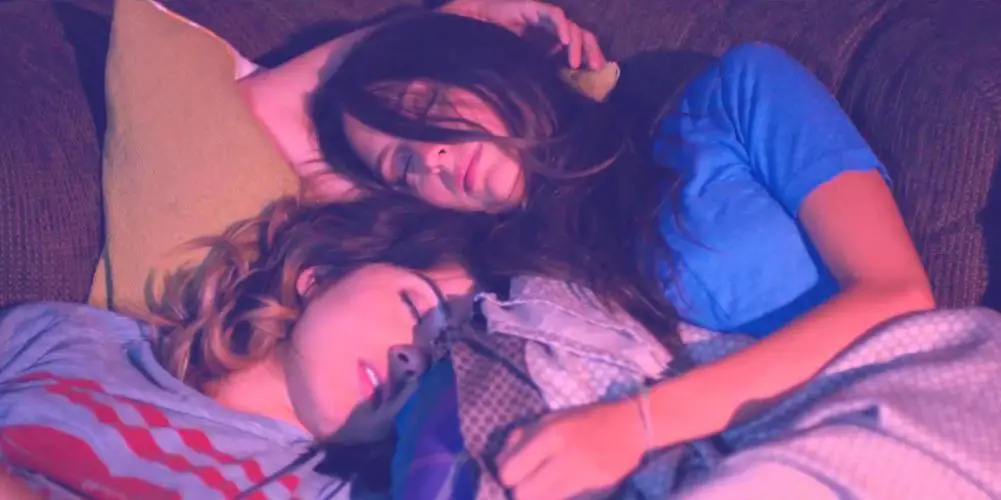
Up-and-coming filmmaker John Carchietta has co-directed and produced several thrillers like Late Fee and The Hills Run Red. He is one of those true horror fans who really knows his stuff. But recently Carchietta proved that he can tackle multiple genres with the debut of his first solo project, a queer romantic thriller called Teenage Cocktail.
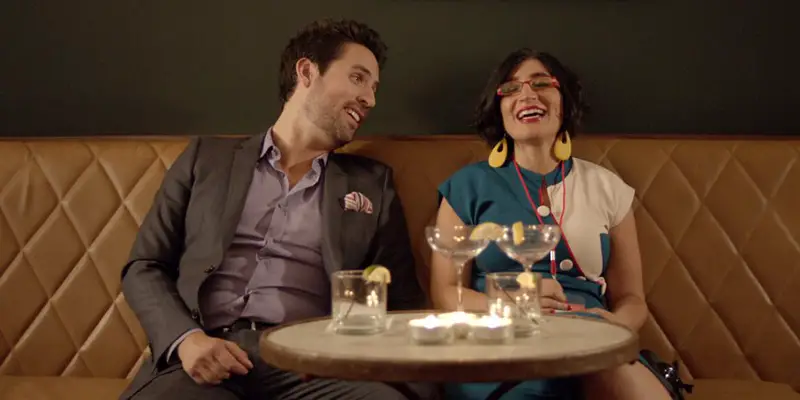
3rd Street Blackout is an independent romantic comedy written, directed by and starring Negin Farsad (as Mina) and Jeremy Redleaf (as Rudy). The film explores the trials one tech-savvy couple endures during the midst of a post hurricane blackout in an urban New York City neighborhood. It also features Ed Weeks (as Nathan Blonket) and a brief appearance by Janeane Garofalo (as June Sherman).
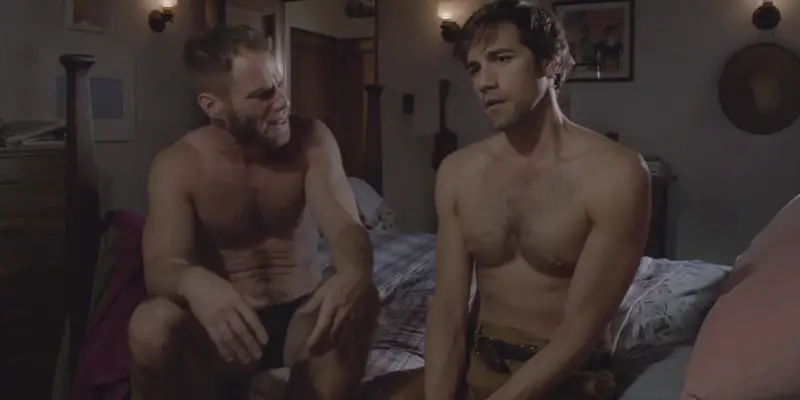
For a horror sub-genre that is frequently criticised for misogynist overtones, it is surprising how many gothic filmmakers haven’t combined the LGBT themes inherent in horror with the rampant violence of slasher film more frequently before. You’re Killing Me is a horror-comedy that puts the emphasis on the comedic elements, its many detours into slasher film never feeling either shocking or as amusing as the film around them. But it is unique for a film in this sub-genre to remove any subtext about societal fears among gay people in contemporary society and just make a straightforward horror-comedy with no deeper thematic resonance.
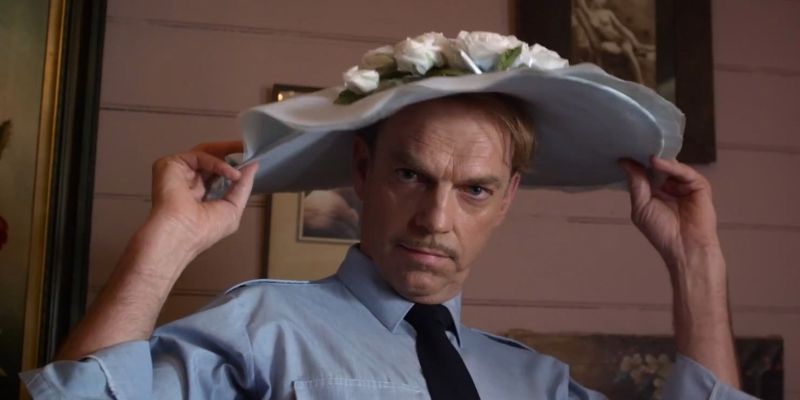
Much attention has been drawn to Hollywood of late, and several condemnations of its practises issued. While the recent #OscarsSoWhite kerfuffle is certainly indicative of a problem, I think the real issue stretches beyond race only. As a colleague here has pointed out in a recent article, we aren’t all fooled.


